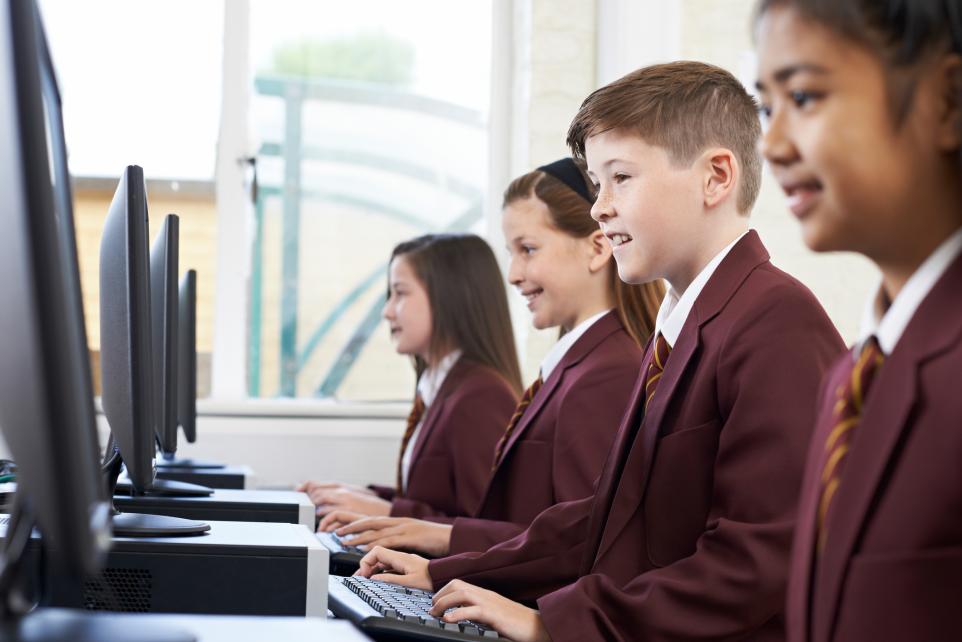Class photos haven’t changed much. The top row stands, the middle row sits and the front row lines up cross-legged on the floor, just as children have done since Victoria was queen. There’s always someone scowling mutinously, someone beaming and someone with a rictus grin who looks like they’re seconds away from bursting into tears.
Class photos are touching and endearing; they also make childhood appear unchanging from one decade to the next.
But nothing could be further from the truth.
To any Scottish primary school teacher surveying their class photo in 2023, they see not uniformity, but a quite staggering spectrum of need. Perhaps a boy at the back is on the autistic spectrum and a girl at the front too. Three children might be awaiting a dyslexia assessment and one might have attention deficit hyperactivity disorder. Two further children could be wrestling with anxiety and one might have suspected foetal alcohol syndrome. A couple of others could have delayed speech and language.
This scenario might sound far-fetched, but it is in fact just average. Figures published by the Scottish Government this week reveal that the number of children with additional support needs (ASN) has reached a record high of 259,036, or 36.7 per cent of pupils. The numbers have doubled in a decade, partly because of better identification and recording of needs, and partly it seems because of the stress, isolation and disruption of the pandemic and cost-of-living crisis, resulting in more children with social, emotional and behavioural problems. ASN is not on the margins any more – it’s very much the mainstream.
But in tandem with this precipitous rise, the numbers of specialist teachers and other staff to support these children has been falling. Councils have a responsibility to meet children’s needs, but the picture is if anything getting worse. The number of ASN teachers in Scottish schools fell by 681 between 2010 and 2022. Too often, when budgets are tight, ASN teachers and resources are squeezed. It’s not just specialist teachers that are in short supply, but other support staff like educational psychologists and children’s mental health professionals. Teachers report that rising levels of school violence are linked to children’s additional support needs not being met.


